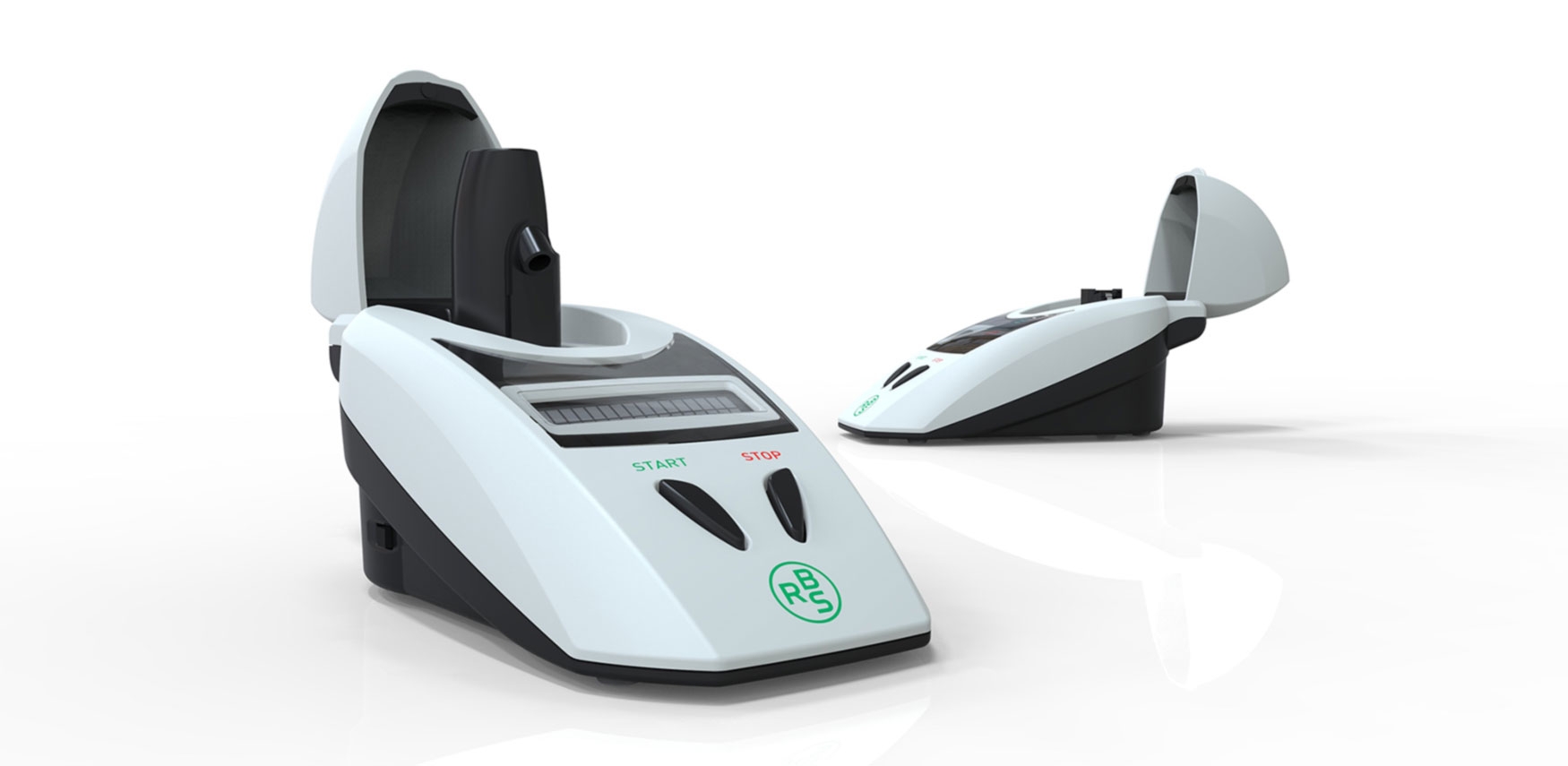- info@rapidbiosensor.com
- Tel +44 (0)1223 264558
- © 2020 Rapid Biosensor Systems
TB Medical Devices from Rapid Biosensor, an Exciting New Development in TB Control

Dr Ruth McNerney is a senior lecturer at the London School of Hygiene and Tropical Medicine, Britain's national school of public health and an internationally-recognised centre of excellence in tropical medicine research. She has been closely involved in the Ethiopian trials and comments as follows on the potential of the revolutionary TB medical device from RapidBiosensor Ltd, the TB Breathalyser:
"Although we have effective drugs against tuberculosis, it remains one of the world's most serious public heath problems and kills more adults than any other single infectious agent. We urgently need ways of detecting infectious pulmonary cases early in the infection before the disease has a chance to spread."
"Current tests are slow, clumsy, require specialist laboratory facilities and are only effective for detecting advanced disease. The Rapid Biosensor Breathalyser test is unique in that it does not require the collection of sputum samples, which are characteristic of advanced disease. That it does not need facilities such as electricity or running water and can be used outside of the hospital clinic means it could be used to screen people without them needing to visit the health centre."
"The Rapid Biosensor TB Breathalyser test is an exciting new development in TB control. It will help us learn more about when patients become infectious and how long they remain a risk to other people. In a small study in Ethiopia we used a prototype of the test to identify TB patients within ten minutes. It is important that further studies are undertaken to ascertain the sensitivity and specificity of the test. If this TB Medical Device proves sufficiently sensitive then it might have a major impact on the way we control tuberculosis."
Future Applications
Rapid Biosensor Systems retains all its intellectual property rights to collaborate with organisations on a wide range of applications for the biosensor technology. The company has made considerable progress in adapting the technology to analyse liquid as well as aerosol samples, which will significantly broaden the potential applications for the solution. In particular, RBS has identified new market opportunities: sputum-based TB diagnostic testing, testing for bovine TB and testing for bacterial pneumonia.
Sputum-based TB diagnosis: Rapid Biosensor Systems is applying its patented technology to provide a rapid, laboratory-based test to replace the sputum smear and culture test. RBS's established USPs - ease of use, rapid availability of results, and low cost - will differentiate the RBS TB sputum test from current methods. At the time of writing, RBS has carried out early stage proof-of-principle tests which indicate that it will be possible to detect TB in sputum taken from actively infectious people, especially those in the early stages. The results should be available in minutes.
We envisage a Pneumonia Test used in conjunction with a TB test for definitive differentiation and screening/diagnosis at POC, which will be especially valuable in the third world.